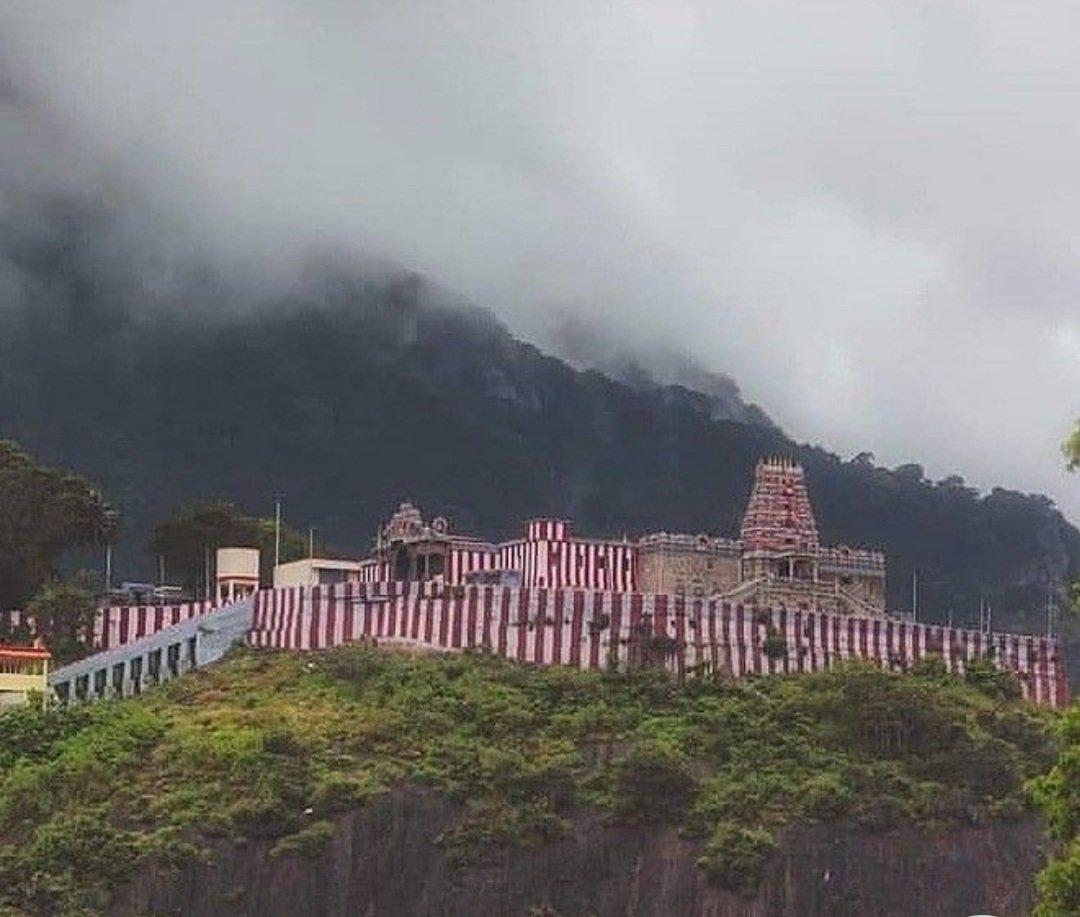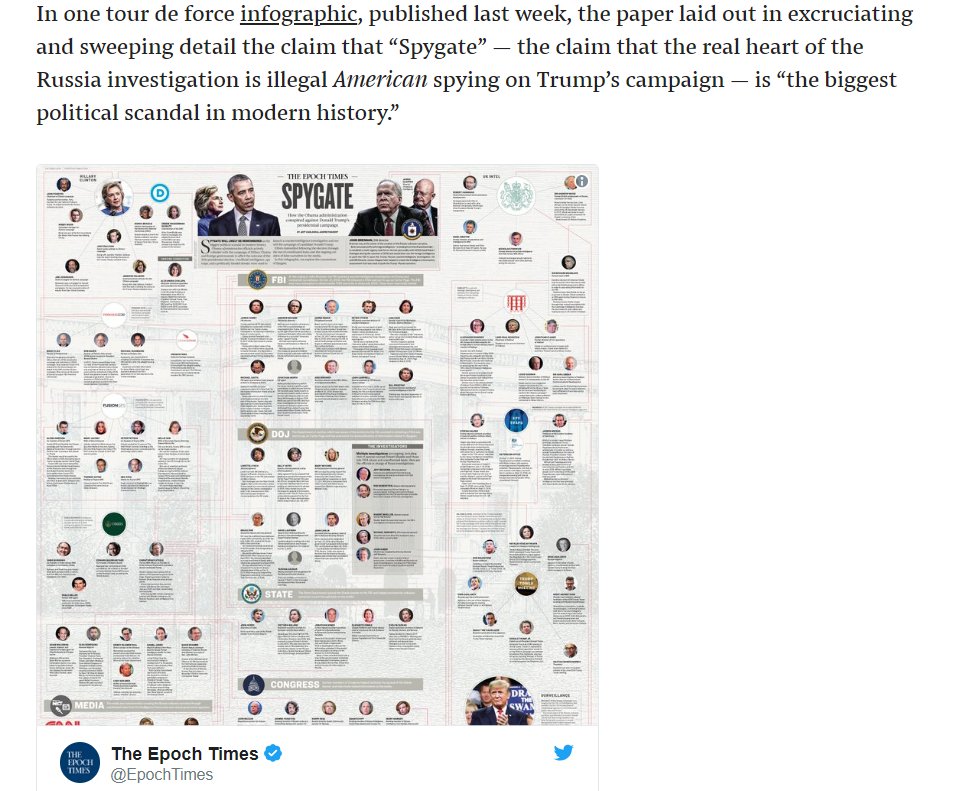Normally as it might seem churlish to be so critical, but
@cfr is so high-profile & the co-authors so distinguished I think it’s key to be clear. If not, people - including in Beijing - could get the wrong idea & this report could do real harm if influential on defense issues. 2/
BLUF: The defense discussion in this report does not engage at the depth needed to add to this critical debate. Accordingly conclusions in report are ill-founded - & in key parts harmful/misleading, esp that US shldnt be prepared defend Taiwan directly (alongside own efforts). 3/
The root of the problem is that report doesn't engage w the real debate on TWN defense issues or, frankly, the facts as knowable in public. Perhaps the most direct proof of this: The citations. There is nothing in the citations to
@DeptofDefense China Military Power Report...4/
Nor to vast majority of leading informed sources on this like Ochmanek, the
@RANDCorporation Scorecard,
@CNAS, etc. This is esp salient b/c co-authors by their own admission have v little insight into contemporary military issues. & both last served in govt in Bush 43. 5/
The discussion on defending Taiwan shld ABSOLUTELY be open to non-experts. But anyone seeking to meaningfully engage at least needs to do the homework – broad & deep lit review, interviews.
@CFR has the resources & access. Yet this appears not to have happened here. 6/
This is esp important b/c TWN defense discussion is highly sensitive to empirical realities of military balance, military technology, posture, PLA evolution, allied efforts, etc. Requires working to thoroughly understand what's going on as much as possible in open source. 7/
This deficit then shld generally frame perceptions of how credible they are when talking abt military scenarios. They cite to Bob Work interview in
@SydneyFreedberg article, but did they interview Work? Ochmanek? 8/
Even more, what about, given
@CFR_org access, current DOD officials like
@CMC_MarineCorps? @INDOPACOM? @MoNDefense? Thoroughly canvass the burgeoning literature on the military balance in WestPac? I see a ref to a v good report from
@CSBA but other than that almost nothing. 9/
Again, point here isn't to be pedantic or exclusionary, but rather to emphasize that these defects need to be borne in mind when evaluating their analyses & esp conclusions. 10/
To wit, they say: “If U.S. response to quarantine or invasion is for the U.S. military to fight its way through to rescue or liberate a besieged or embattled Taiwan, we do not see a credible conventional military solution by DC in response to either.” Aka: a denial defense. 11/
Well,
@DOD_DEPSECDEF @kath_hicks disagrees w them here:
https://t.co/bJxiipCTxY. She argues that
@DeptofDefense shld prepare a denial defense of Taiwan. 12/
Ditto Ochmanek & Tim Heath of
@RANDCorporation here:
https://t.co/lWosyx3E9B. Ochmanek said: "Key to defending TWN wld require stopping [PLA invasion force in] the Strait.” “All of these things are doable. There's no magic here, no technological breakthroughs.” He estimates...13/
"that the Defense Department could make the needed changes if it diverted about 5 percent of its budget— about $35 billion -- a year. Taiwan, he said, also needs to move away from the glamorous, showy weapons." Sounds like a plausible credible denial defense to me! 14/
Or Heath: "What both sides can do is turn the sea and air space around Taiwan into a no-go zone. China could do that, but we could make it very hard for any surface ship to survive near Taiwan, including Chinese transport vessels loaded with troops. That alone might stop..." 15/
an invasion.” Such denial is basically what Trump Admin Indo-Pac Strat called for wrt 🇹🇼:
https://t.co/8dS9ezqkqM. "[D]eny China sustained air & sea dominance inside first island chain; defend FIC nations, including Taiwan; & dominat[e] outside FIC."
https://t.co/gp9N6y4JKs. 16/
Yet co-authors assert: "We know of no credible expert who assesses that, in those last 3 years, as Chinese capabilities have advanced, U.S. defense strategy is now, on balance, more capable of performing the three quoted tasks.” They’re referring to IPS defense guidance. 17/
That's not a substantive claim but rather an appeal to (lack of authority.) Ok, then: Did they talk to military experts who have tracked DOD’s INTENSE focus on restoring military edge in WestPac over last 3+ years? Review/cite posture statements of
@DeptofDefense? Etc. etc.? 18/
Let alone senior officials & staff from admin? I see no evidence if they did. Indeed, I’m biased but they didn’t even cite National Defense Strategy of 2018! You don’t have to like or agree with it to think it’s relevant to what
@DeptofDefense has been up to last 3 yrs...19/
Bottom line: That co-authors know of no "credible" expert who thinks
@DeptofDefense hasn't improved shldnt influence people. Certainly big ?s of how well DOD is doing. But certainly movement. See
@CNASdc report from
@SusannaVBlume here:
https://t.co/FDRpZWQzLX. 20/
Good balanced assessment: "We conclude DoD is making progress in NDS implementation in select sectors. Also conclude that DoD continues to underinvest in some critical enablers." 21/
These deficits in report shld also frame how look at scenarios co-authors discuss. Blockade isn’t even really discussed for unclear reasons. Invasion discussion is framed as analogous to Crete & Falklands. No in-depth analysis of it. Instead lots of Cold War analogies. 🤷♂️22/
CRITICALLY, these defects shld lead readers to discount not only their military analysis but also their answers to key ?s on 62-63, esp their rec that US shldn’t assume responsibility for defense of TWN (alongside TWN, presumably). Bad policy rec, dangerous signal right now. 23/
Concluding thought:
@CFR has a unique prestige so this report will no doubt be widely read. But Americans, allies, Taiwanese, & Chinese shld understand that this does NOT reflect the leading edge of US defense strategy thinking. 24/
Beijing should not get the wrong idea from co-authors’ cavalier statement that Taiwan is not a “vital” US interest. (Is Phils or Australia by that logic?) Indeed
@CFR itself has put out much better analysis/recs by
@RichardHaass @DavidMSacks1 here:
https://t.co/CxkpDzbkly. 25/
For those interested, I have a book coming out on this in the fall.
In the interim following might be of interest:
https://t.co/MtwjYiLaxd https://t.co/UsRqQHCXNU https://t.co/NKlgQG0PkH


















